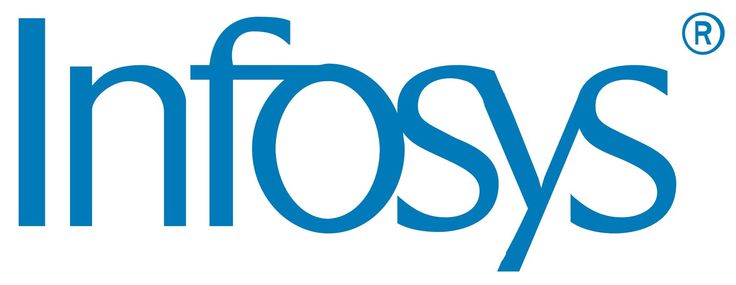
Table of Contents
Infosys Visa Policy and Global Workforce Management
Introduction
Infosys Limited, a global leader in consulting, technology, and next-generation services, has long relied on its extensive global workforce to deliver innovative solutions. A significant part of its operations involves leveraging visa programs for deploying employees internationally. These visas enable Infosys to bridge talent gaps, provide client-centric services, and maintain its competitive edge. However, the company’s reliance on visa programs has been scrutinized over time, creating both opportunities and challenges in its global operations.
Role of Visa Programs in Infosys Operations
Visa programs are integral to Infosys’ delivery model. With a workforce spread across more than 50 countries, the company frequently transfers skilled professionals to client locations to meet project demands. These employees work under various visa categories such as H-1B, L-1, and B-1 in countries like the United States, the United Kingdom, and Australia.
The H-1B visa program is especially significant for Infosys in the U.S., which is its largest market. This program allows Indian IT professionals to work in specialized fields such as software engineering, data analysis, and IT consulting. Similarly, L-1 visas facilitate intra-company transfers, enabling Infosys to deploy employees with specialized skills at their client sites.
Challenges and Controversies
While visa programs have benefited Infosys, they have also subjected the company to regulatory scrutiny and public criticism. Governments in major markets, particularly the U.S., have introduced stricter rules to prioritize local hiring. Infosys has faced allegations of visa misuse, leading to investigations and legal settlements. For instance, in 2013, the company paid a $34 million settlement to the U.S. government over allegations related to improper use of B-1 visas.
Moreover, Infosys and its peers have been criticized for allegedly undercutting local talent by hiring foreign workers at lower wages. Such allegations have amplified calls for reforming visa programs and enforcing stricter compliance.
Adapting to Changing Regulations
To mitigate risks associated with visa dependency, Infosys has undertaken strategic measures:
- Localized Hiring: Infosys has significantly increased its hiring of local talent in markets like the U.S. and Europe. By establishing technology hubs and training programs, the company reduces its reliance on visa programs.
- Skilling Initiatives: Infosys invests in upskilling both its global and local workforce, enabling employees to take on diverse roles. Programs like the Infosys Learning Platform focus on enhancing domain-specific knowledge and emerging technology skills.
- Legal Compliance: Infosys emphasizes strict adherence to immigration laws and has enhanced its internal compliance mechanisms. Regular audits and employee training ensure that visa programs are utilized ethically and lawfully.
- Automation and Offshore Work: To decrease dependency on on-site resources, Infosys has embraced digital transformation. By automating routine tasks and strengthening offshore operations, the company reduces the need for employee relocation.
Impact on Business and Workforce
Infosys’ adaptation to visa challenges has yielded positive outcomes. The company’s investment in localized hiring has fostered goodwill in key markets, enhancing client relationships. Simultaneously, its focus on skilling and digital transformation has improved workforce efficiency and service delivery.
However, these changes come with increased costs for the company. Hiring local talent in developed countries often results in higher wage bills compared to deploying offshore employees. Despite these costs, Infosys’ proactive measures reflect its commitment to sustainable and ethical operations.
Conclusion
Infosys’ strategic reliance on visa programs has been pivotal to its global success, but it has also exposed the company to regulatory and reputational challenges. By adopting localized hiring practices, enhancing compliance, and leveraging technology, Infosys has demonstrated resilience and adaptability. As global workforces become more interconnected, Infosys’ approach serves as a case study in balancing business needs with ethical and regulatory considerations.
Moving forward, Infosys is well-positioned to thrive in an evolving landscape, prioritizing innovation, local talent development, and adherence to global standards.
For more information visit : Learn more about Infosys
